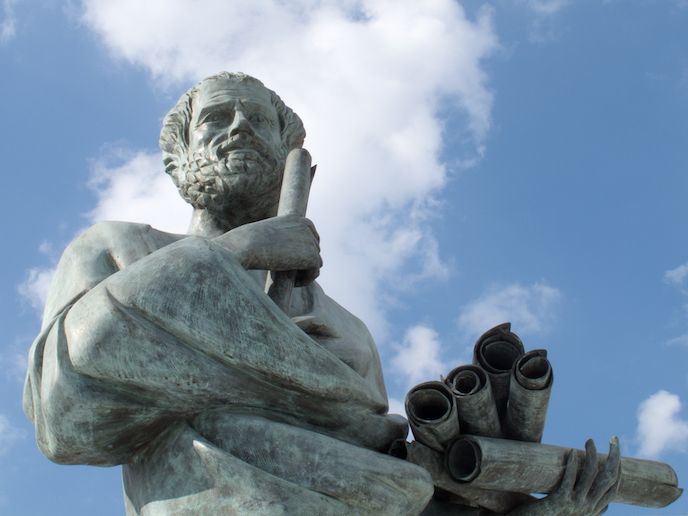Imagination’s central role in shaping human knowledge
One of humanity’s greatest gifts is our ability to think of the world as it could, should or shouldn’t be instead of just taking stock of how it actually is. But it’s all in our head, right? Not exactly. In many cases, this ‘counterfactual thinking’ is much more than a fantasised ‘what if’. There can even be real cognitive benefits to this approach so long as we correctly assess counterfactual conditionals about how things could have been. “The CKI project starts from the hypothesis that the imagination is the basic human way of assessing counterfactual conditionals,” says Marie Skłodowska-Curie Actions (MSCA) fellow Margot Strohminger. “But imagination doesn’t usually go unaided. Our brain needs information, statistical data, computer modelling and so on. At the end of the day, if we take the case of COVID-19, all that information feeds into an effort of collective imagination to assess whether the right measures have been taken at the right point in time. We use this same basic process to evaluate other claims of the imagination, for example claims about whether something is possible or impossible.” Whilst traditional research approaches tend to treat fiction as the primary purpose of our imagination and ignore its more basic cognitive role, CKI (Counterfactual Knowledge from the Imagination) sees it first and foremost as a tool sketching possible worlds to help us learn more about the one around us. The idea of such possible worlds has long been used by David Lewis (a very influential 20th century philosopher), who even went as far as to consider them as real and coexisting with the world we live in. Whilst CKI doesn’t go quite as far, the project uses this familiar philosophical concept to better understand counterfactual conditionals.
The missing bridge
“A possible world is like a story complete in every detail, leaving no question unanswered unlike any novel ever written,” adds Timothy Williamson, professor of Logic at the www.ox.ac.uk (University of Oxford) and principal investigator for the MSCA-supported CKI project. “But whilst we can never grasp the extent of such a counterfactual world, we can still come to know some of its conditionals and reason with them. For example, I might find out that if I had taken another road, I wouldn’t have been stuck in a traffic jam.” Over the course of 2 years, the two researchers released several enlightening articles on the matter. In turns, they shed new light on the use of basic heuristics to assess conditionals (if X, then Y) or analysed how we use imagination to answer many ordinary modal questions (for instance, is it possible for me to run 10 km in under an hour tomorrow?). They even demonstrated that very similar imaginative processes underpin paradigms of a priori knowledge and paradigms of a posteriori knowledge. “In another example, the project has found some close analogies between learning from imagination and learning from vision and other forms of sense perception. It has also confirmed the initial hypothesis that the basic human way of assessing counterfactual conditionals is in the imagination, by showing how much about the imagination it can explain,” Williamson explains. Overall, CKI provides a refreshing look at the imagination as central to human knowledge. It shows how art, video games, novels or movies are more of a bonus than its core purpose. With the project now completed, Strohminger has decided to start a new project on how we attribute mental states to others (a feat sometimes called ‘mind-reading’) in the imagination.
Keywords
CKI, imagination, philosophy, possible worlds, counterfactual thinking







